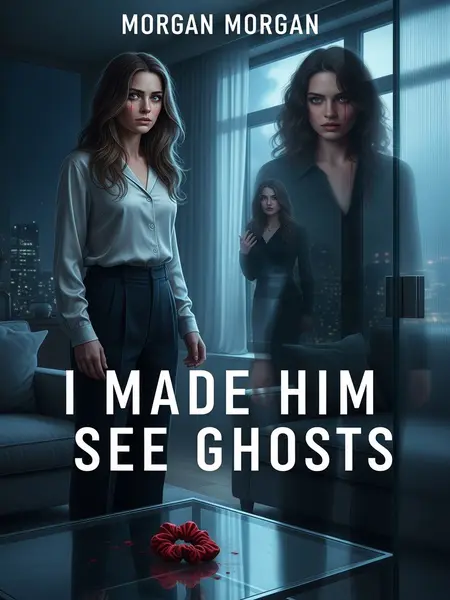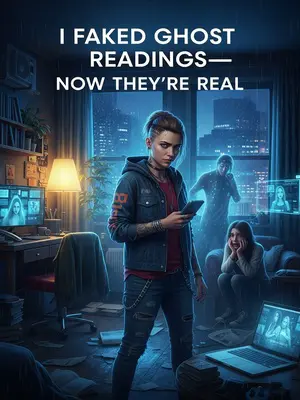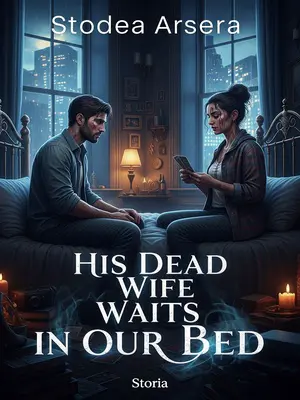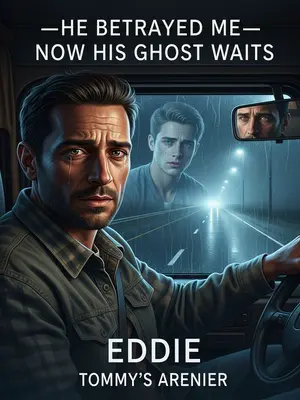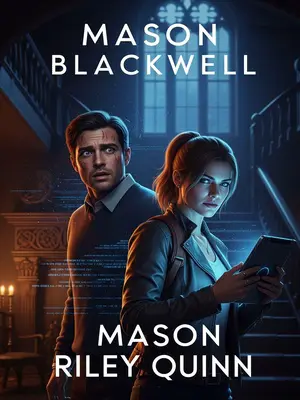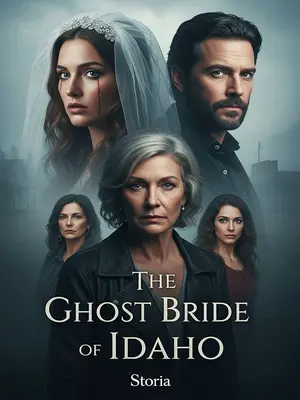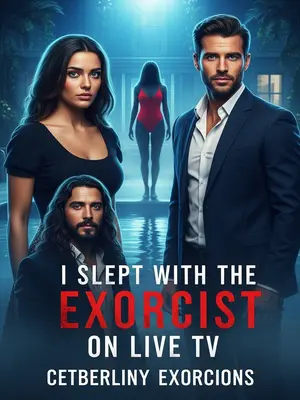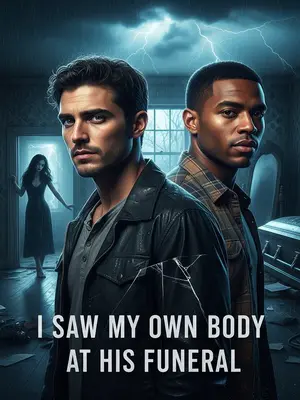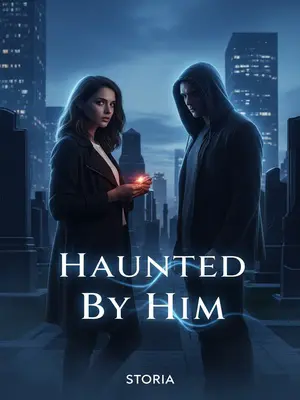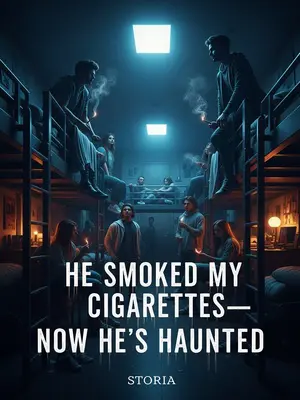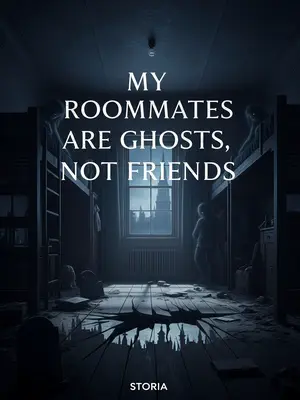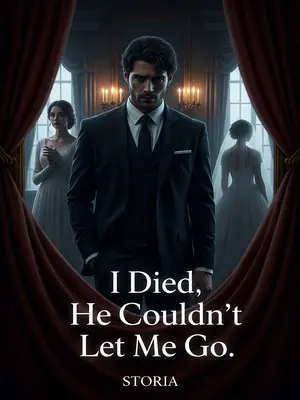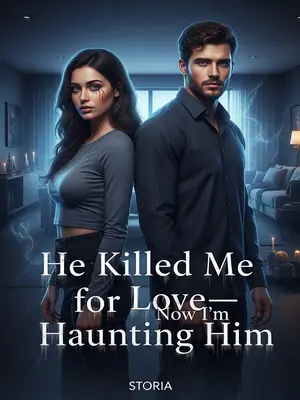Chapter 6: No Ghosts, Only Change
Why did I marry Mark?
I ask myself that question every day. The answer changes, but the regret remains.
During a hiking trip, I injured my leg and had to stay in the hospital for three months, stuck in bed for over two.
Mark visited every day, bringing flowers, books, little gifts. He made me laugh when I wanted to cry.
Mark took care of me, and when he saw how bored I was, he snuck a wheelchair out of the hospital and wheeled me around Riverside Park.
We raced down the paths, dodging joggers and cyclists. I felt free, alive, loved.
We wandered aimlessly, ignoring people’s stares, buying Starbucks and soft pretzels from a cart.
He fed me bites of pretzel, wiping salt from my lips. I thought we’d be happy forever.
Back then, I thought spending my life with a man like that would be wonderful.
I was young, naive, full of hope. I didn’t know how quickly things could change.
But the only constant in this world is change.
Time erodes everything—love, trust, even memory. I learned that the hard way.
The picture painted by time is never the one we imagined.
I look back at old photos, searching for the woman I used to be. She’s gone, replaced by someone harder, colder.
You became someone I didn’t recognize, and I forgot that I, too, became a stranger to you.
We drifted apart, each of us clinging to our own pain. The distance grew until it was unbridgeable.
You used my weakness against me, and after all your harm, I no longer dared to have any weaknesses.
I built walls, brick by brick, until nothing could hurt me anymore.
The deeper the love, the greater the pain in the end.
I loved you once, Mark. That’s why it hurt so much to destroy you.
A year later, the hospital called. Mark had hit his head, but the good news was he was calmer now, no longer violent. He was safe to release.
They said he’d fallen in the shower, a minor concussion. He barely remembered it.
The bad news: his intelligence had declined, and he was a bit forgetful.
He wandered the halls, lost in his own mind. The doctors said it was permanent.
The director asked if we wanted to bring him home, since we could afford a private nurse.
I hesitated, weighing my options. In the end, I chose freedom.
I said, "No, let him stay. I’ll take him out for walks sometimes."
The director nodded, understanding. I signed the papers, my hand steady.
When the weather’s nice, I push his wheelchair through Riverside Park.
We retrace our old route, passing the same trees, the same benches. Mark hums to himself, oblivious.
His face is calm, as if he’s forgotten me.
Sometimes he smiles, reaching for my hand. I let him, just for a moment.
Looking at him, I feel like I’ve finally let him go.
For a moment, I close my eyes and let the sunlight warm my face. It’s over. I’m free.
The absurdity of this world is that when two people are too deeply entwined, they can’t face each other anymore.
We became strangers, bound by memories neither of us could bear to remember.
Only when the person in front of you feels like a stranger can you smile at them.
I smile now, not out of love, but out of relief. The past is over. I survived.
I push him forward.
The wheels squeak, the river glitters in the afternoon sun. I breathe in the fresh air, feeling lighter than I have in years.
Back then, when he pushed me, our eyes were full of hope.
Now his eyes are dull, and my future feels gray.
But even in the gray, there is peace—a quiet, steady kind of hope.
Mark, there are no ghosts in this world—only hearts that have changed.
I let the words hang in the air, letting them settle deep inside me.
I look out at the river rushing eastward, and my grip on the wheelchair loosens, just a little…
The water sparkles, endless and unstoppable. I close my eyes, letting the past drift away, ready—finally—to move forward.
